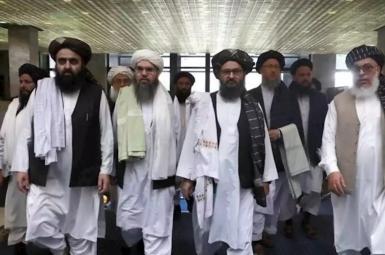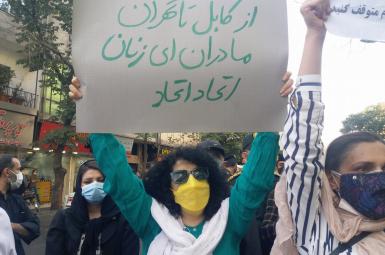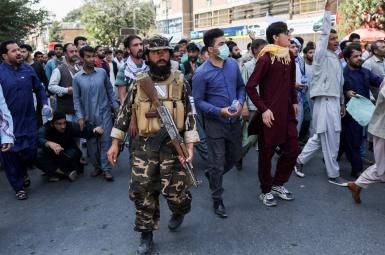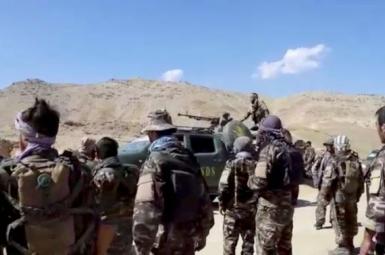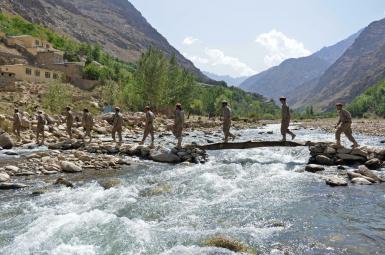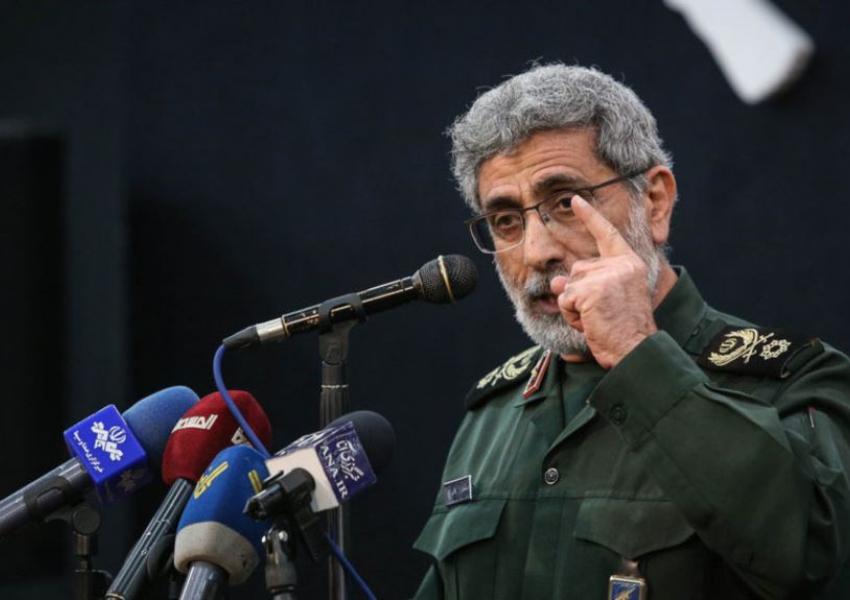
Iran's Quds Chief Says Afghanistan Must Not Spark Sunni-Shia Conflict
In a closed session of the Iranian Parliament Tuesday, Esmail Ghaani (Qaani), commander of the Revolutionary Guards (IRGC) extraterritorial Qods Force outlined Iran’s approach to Afghanistan, where the Taliban this week claimed control of all the country’s provinces, including Panjshir, in the wake of the United States withdrawal.
The full report of Ghaani's remarks has not been published but according to some lawmakers, the commander reiterated Iran’s support for an “inclusive” government,” which has been Tehran’s aim since former US president Donald Trump in February 2020 reached agreement with the Taliban for US withdrawal by May, a deadline extended to the end of August by President Joe Biden.
Ghaani reportedly stressed Iran’s commitment to Afghan Shiites and accused US of trying to "pitch Shiite Iran against the Sunni world." He said it was important that Iran dealt with the situation in Afghanistan to avoid such Sunni-Shia conflict.
While the Taliban claimed they had captured Panjshir, the opposition says fighting continues and reports say Afghan government warplanes that escaped to Tajikistan during the Taliban takeover, bombed their position on Monday. Protests and armed manifestations also flared up in Kabul, Mazar Sharif and other locations. The Taliban hold on the country, analysts argued was far from being complete.
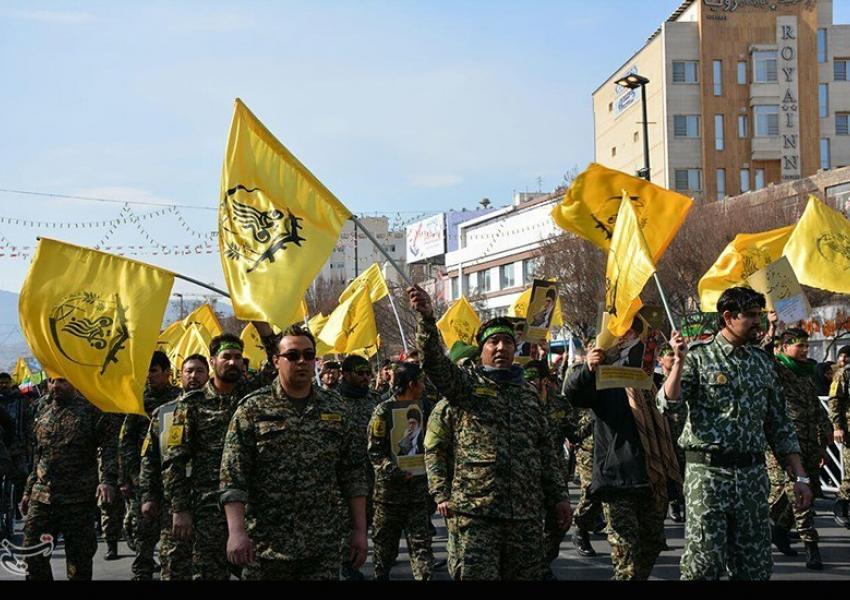
Some Iranian media and social media users have criticized a "passive approach" for Iran not to support Afghan Shiites and others in fighting the Taliban. Prominent reformist academic and political commentator Sadegh Zibakalam in a tweet Tuesday said Iran and Russia together had helped Bashar Al-Assad "massacre half a million of Syrians to stay in power" but had not acted to stop the "killing of the people of Panjshir many of who are Persian-speaking, Shiite Hazaras."
This, Zibakalam argued, proved fickleness in official rhetoric of "support for the oppressed and freedom-seekers." Other critics have argued that Iran had the Fatemiyoun Brigade, recruited after 2014, from Afghans living in Iran to fight in Syria, should take part in resistance to the Taliban.
In response to such criticism, a commentary published by the IRGC-affiliated Fars News Agency Tuesday pointed out that having "fewer than 15,000 [Fatemiyoun] to fight against a group of over 100,000 [Taliban]" was not viable and could ignite a wider Shiite-Sunni conflict.
The Fars commentary saw little similarity between Syria and the current situation in Afghanistan. With Syria, Tehran had responded to an appeal from an established government to resist "foreign elements that could be a threat to Iran and Shiism," a reference to foreign-backed Sunni militants. Fars also said Iran had "started advisory military help" to the Ansar Allah movement, widely called the Houthis, in Yemen only after the Saudi military intervention in 2015.
Iran had not abandoned its commitment to help the oppressed against foreign interference, the commentary argued. "Neither the resistance in Panjshir valley nor the Taliban are representatives of the people of Afghanistan," the Fars piece opined, meaning the conflict was essentially an internal one.
The commentary acknowledged the dangers of Pakistan military involvement, a day after Iran said it was investigating reports of Pakistani air strikes in support of the Taliban. While this would "definitely change" the outlook if proved, the commentary said, and while " a military involvement cannot be an option, all other hard options must be considered, both against Pakistan and the Taliban.”
The rapid collapse of the Afghan government, after two decades of US backing, has shaken many calculations. In December 2020 then foreign minister Mohammad Javad Zarif in an interview with Afghanistan's Tolo News suggested Fatemiyoun could be deployed by the Afghan government and army against the Islamic State group (Isis, Daesh).

